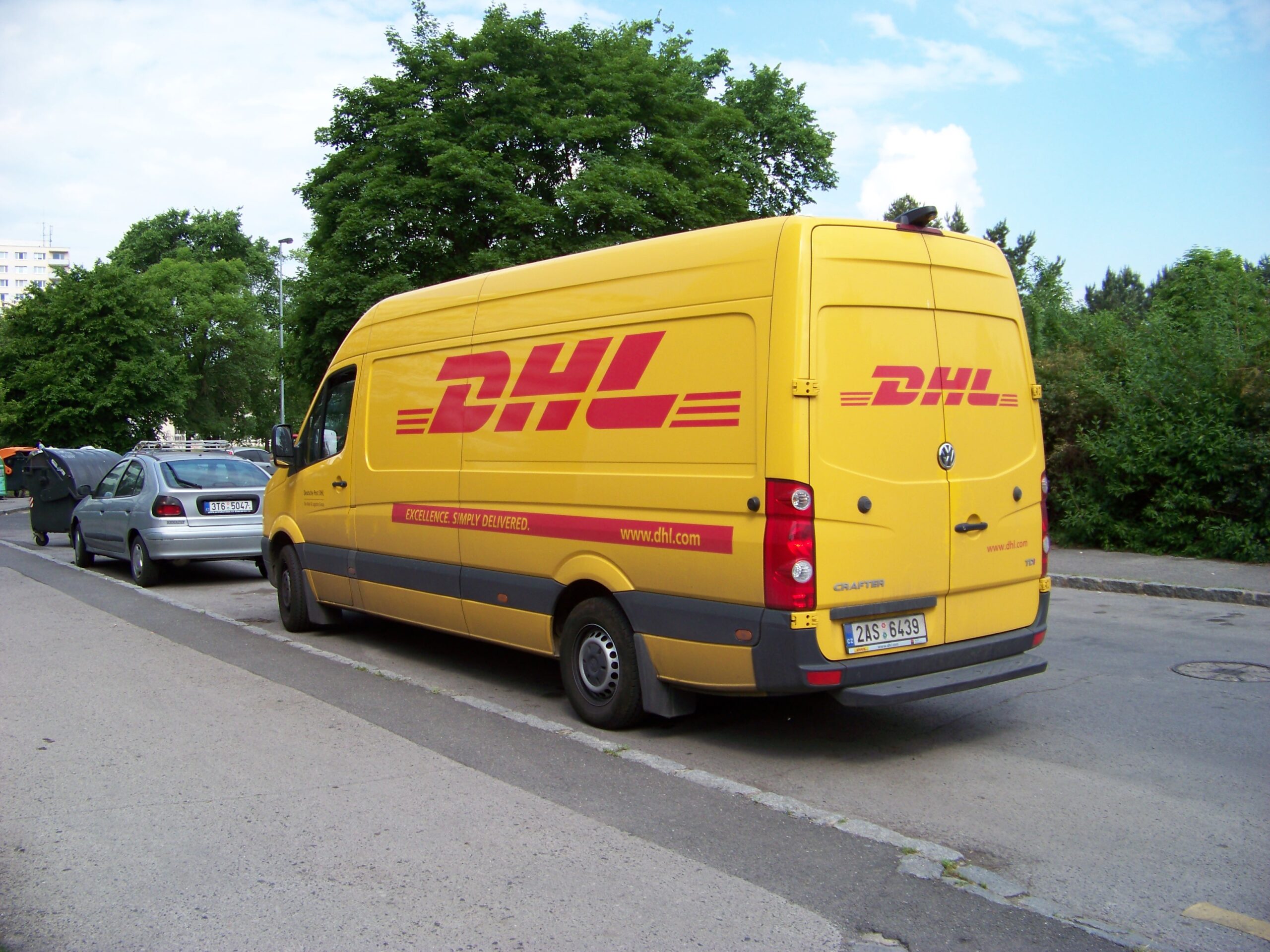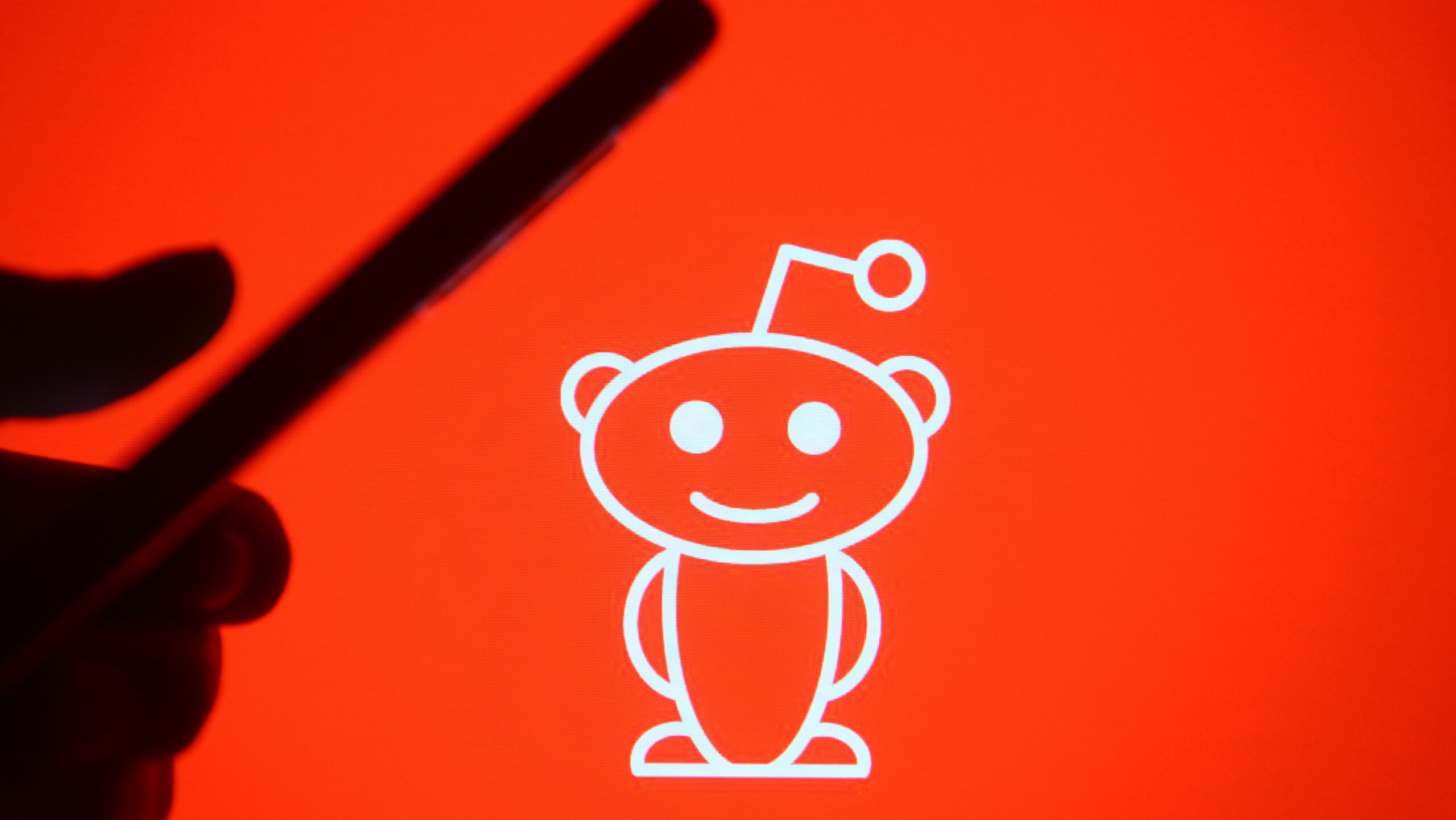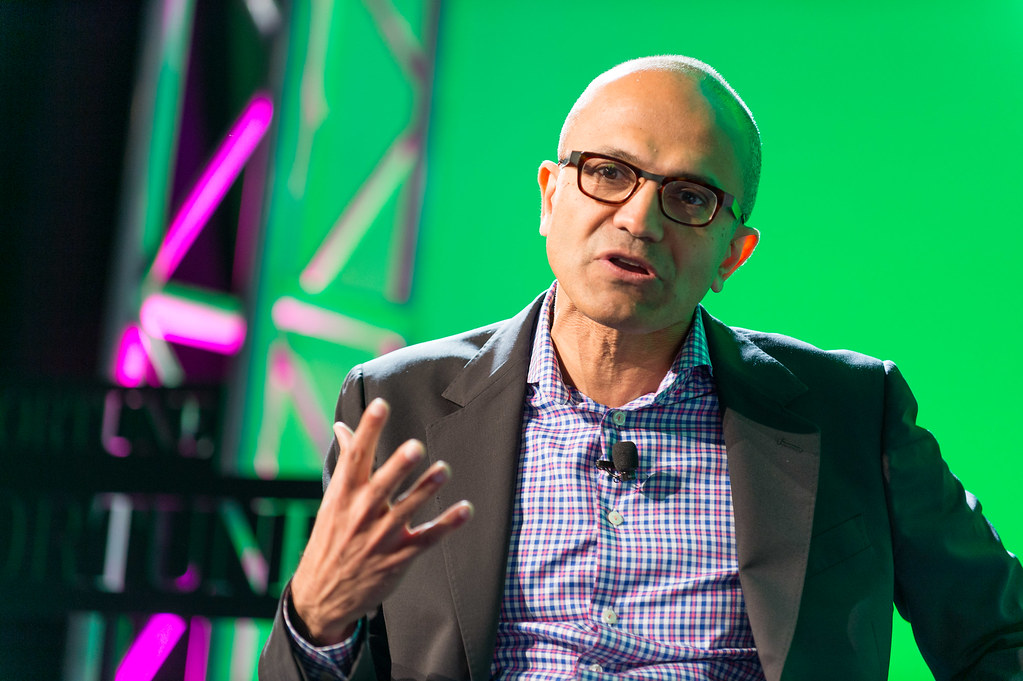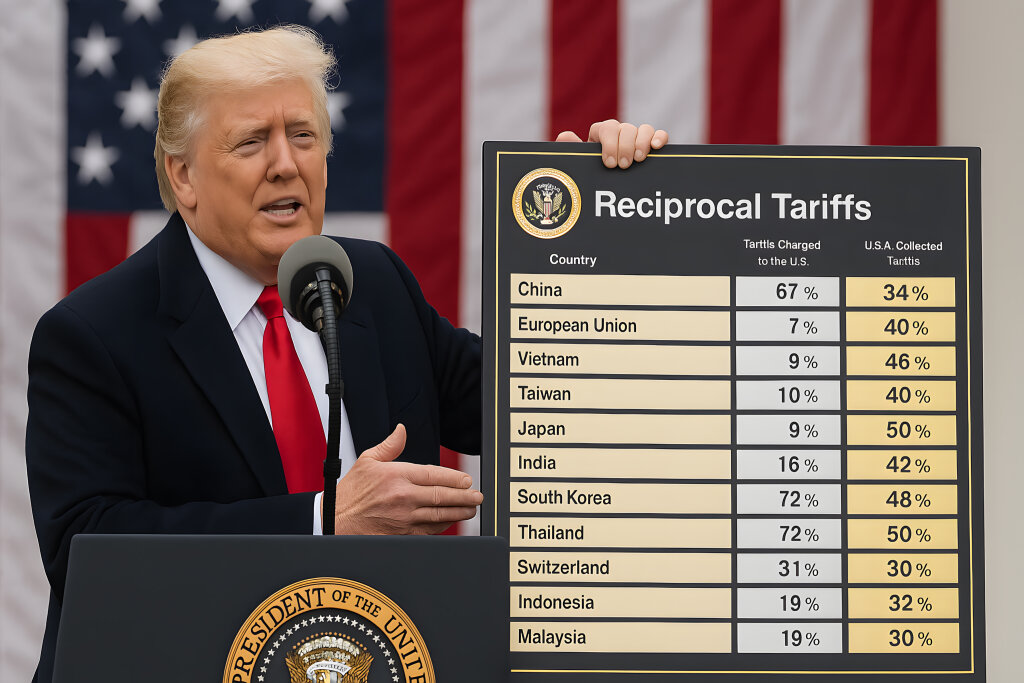The Dubai Financial Services Authority (DFSA) has announced significant amendments to its cryptocurrency token regime to enhance and advance the regulatory framework for tokens within its special economic zone. These updates aim to address the evolving landscape of cryptocurrency and to provide a more flexible, yet robust, regulatory environment for market participants.
The DFSA is an independent regulator in the United Arab Emirates (UAE), responsible for overseeing entities registered in the Dubai International Financial Centre (DIFC), one of the country’s special economic zones. The DIFC serves as a global financial hub, attracting businesses from around the world.
Recent Amendments and Consultation Paper 153
On June 3, the DFSA announced revisions to its crypto token regime based on insights from its Consultation Paper 153, published in January 2024. These amendments target several key areas, including:
- Funds Investing in Crypto Tokens
- Recognition Process for Crypto Tokens
Previously, the DFSA imposed strict regulations on funds involving crypto tokens, particularly restricting the activities of external and foreign funds. This limited their ability to offer units of recognized crypto tokens. However, feedback from fund and asset managers suggested that the existing regulatory approach was overly stringent.
In response, the DFSA has relaxed some of these restrictions. Now, domestic qualified investor funds can invest in unrecognized tokens, provided the exposure does not exceed 10% of the fund’s gross asset value (GAV). This change aims to strike a balance between regulatory oversight and investment flexibility.
| Token | Ticker | Value |
|---|---|---|
| Bitcoin | BTC | $68,735 |
| Ether | ETH | $3,756 |
| Litecoin | LTC | $81.44 |
| XRP | XRP | $0.52 |
| Toncoin | TON | – |
While the recognition process remains crucial, the DFSA is now open to allowing limited investments in unrecognized tokens, enhancing the overall investment landscape.
Revised Application Fees and Stablecoin Criteria
One of the significant changes involves the reduction of the application fee for token recognition from $10,000 to $5,000 per token. This adjustment addresses concerns that the previous fee was prohibitively high, especially for firms seeking recognition for multiple tokens.
Additionally, the DFSA has introduced new recognition criteria for stablecoins—crypto tokens pegged to fiat currencies. These changes aim to provide the DFSA with the flexibility to recognize fiat crypto tokens issued in other jurisdictions with comparable regulation, without indicating a more lenient regulatory stance.
DFSA chief executive Ian Johnston emphasized the regulator’s commitment to fostering innovation in a responsible and transparent manner. He stated, “At the DFSA, we have taken a balanced approach in the development of this regime and remain committed to evolving it in line with global best practices and standards.”
Market Developments and Global Standards
The DFSA’s amendments reflect both market developments and recommendations from international standard setters. Over the past two years, the DFSA has engaged with over 100 firms seeking licensing, gaining valuable insights into market dynamics and regulatory needs. This engagement has informed the recent changes and helped shape a more effective regulatory framework.
The DFSA’s recent amendments to its crypto token regime mark a significant step forward in enhancing the regulatory environment for cryptocurrencies within the DIFC. By addressing feedback from market participants and aligning with international standards, the DFSA aims to foster a more flexible and robust regulatory framework that supports innovation while maintaining stringent oversight.









